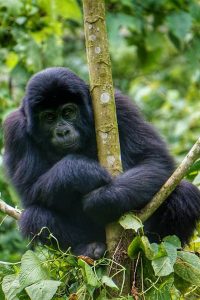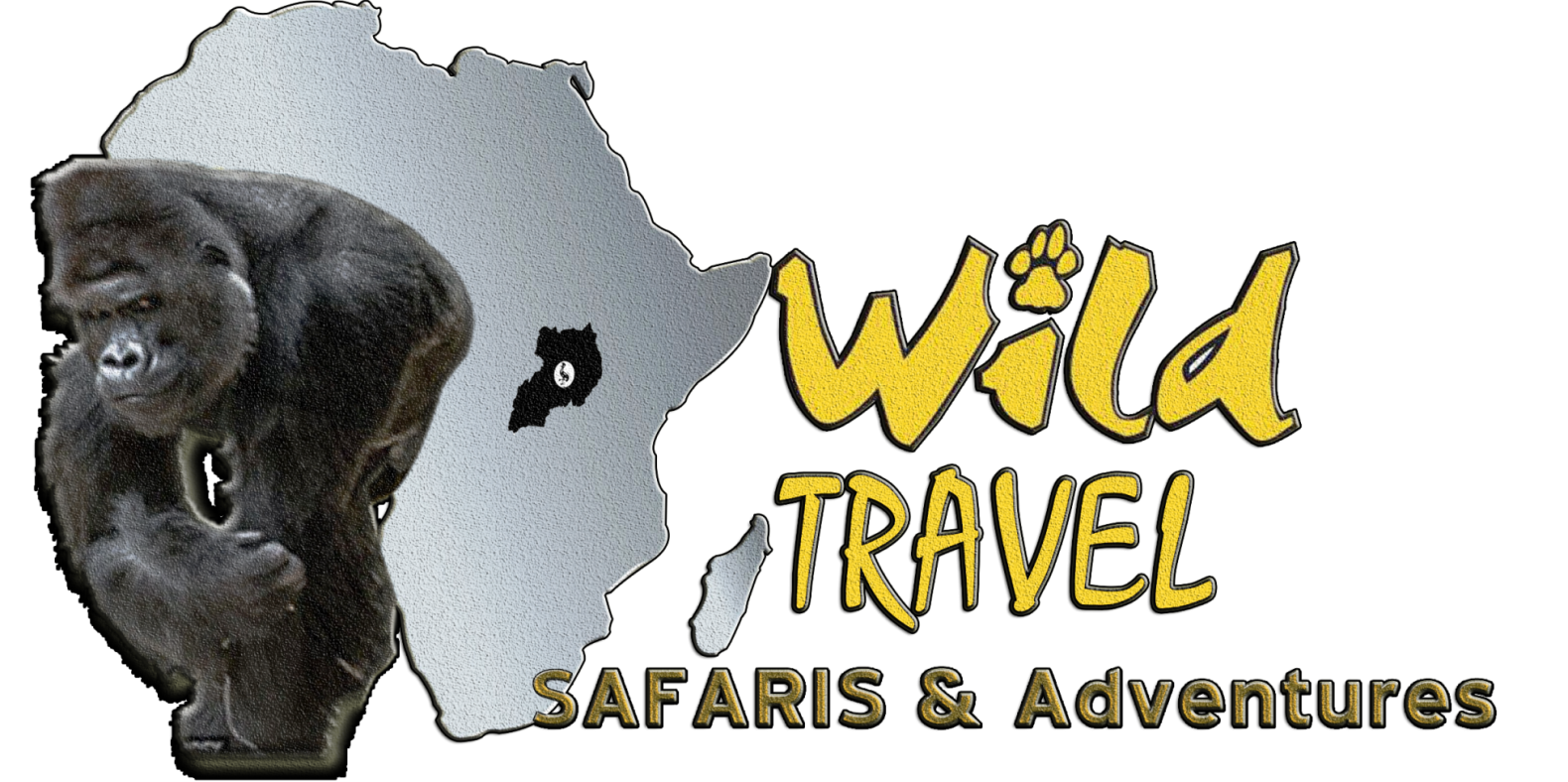is Gorilla Trekking good for Conservation?
Is Gorilla Trekking good for Conservation?
is Gorilla Trekking good for Conservation? The most exciting and memorable part of an African safari is getting real up close to the animals in the wild. And when it comes to wildlife encounters, gorilla trekking is the most desired activity that every traveler would wish to experience.
 Trekking the gorillas involves a hike to the home of these critically endangered apes to watch them carry on their daily activities, but isn’t this intruding on their personal privacy? And does this activity protect the interest of the gorillas and their sustainability?
Trekking the gorillas involves a hike to the home of these critically endangered apes to watch them carry on their daily activities, but isn’t this intruding on their personal privacy? And does this activity protect the interest of the gorillas and their sustainability?
Gorillas being listed on the critically endangered species, habitat loss, poaching, hunting, human wildlife conflict, human conflicts, tourism and transmission of human diseases are their major threats that would lead to their extinction in no time.
And here the question arises again, is gorilla trekking good for conservation? Is exposing the mountain gorilla to more people, more frequently safe to them?
Truthfully writing, gorilla encounters are, unfortunately, not good for these apes. The fact that mountain gorillas do not have many natural predators, human beings are the major force pushing the extinction of these forest giants.
However on the other hand, if it were not for tourism, most of the forests where the gorillas dwell would have been destroyed 10 to 20 years ago. So it’s rightfully wrong to impart only negativity to gorilla tourism in Uganda, Rwanda and DR Congo yet tourism has largely led to an increase the number of gorillas worldwide.
The mega backer of the conservation efforts in gorilla tourism are the gorilla trekking permit fees. Costing $600, $1500 and $450 in Uganda, Rwanda and Congo respectively, the fees seem to be high but a great deal in the protection of the gorilla and their habitats.
The essence of issuing permits is to carefully control gorilla tourism. Only eight trekkers are permitted to visit a gorilla family in a day. All treks are led by the park rangers to ensure that the gorilla trekking etiquette is maintained and also to make sure that all treks follow the drafted set of rules that are gone through during the gorilla trekking briefing before the commencement of every trek.
The permit fees cater for the ranger salaries, these are unsung heroes that need to be rewarded, because they are the first people in protecting the great apes and conserving their homes. These fees also fund the gorilla monitoring activities, research, veterinary and health care as well as the full management of the parks.
Part of the profits from the gorilla permits is given back to the local communities around the park for village development and completion of infrastructure projects like road construction.
Gorilla tourism becomes even a more powerful tool in nature conservation when travelers use local tour operators, loges and porters. This economic value attracts more local people to engage in gorilla ecotourism, creating more awareness of the importance of conservation. And remember anything not understood, is not worth the implementation.
Since gorilla tourism provides employment to the members of the local community in form of rangers, porters and trail maintainers, most of the former poachers have become game rangers. The gorillas are now ambitiously protected by the community for tourism, research and related social projects.
Sweeping all that together, gorilla trekking is not only an exclusive wildlife encounter in Africa, but also an important conservation activity that also benefits the local community. It is simply a perfect do
venture for the Eco tourists in Uganda, Rwanda and DR Congo.
